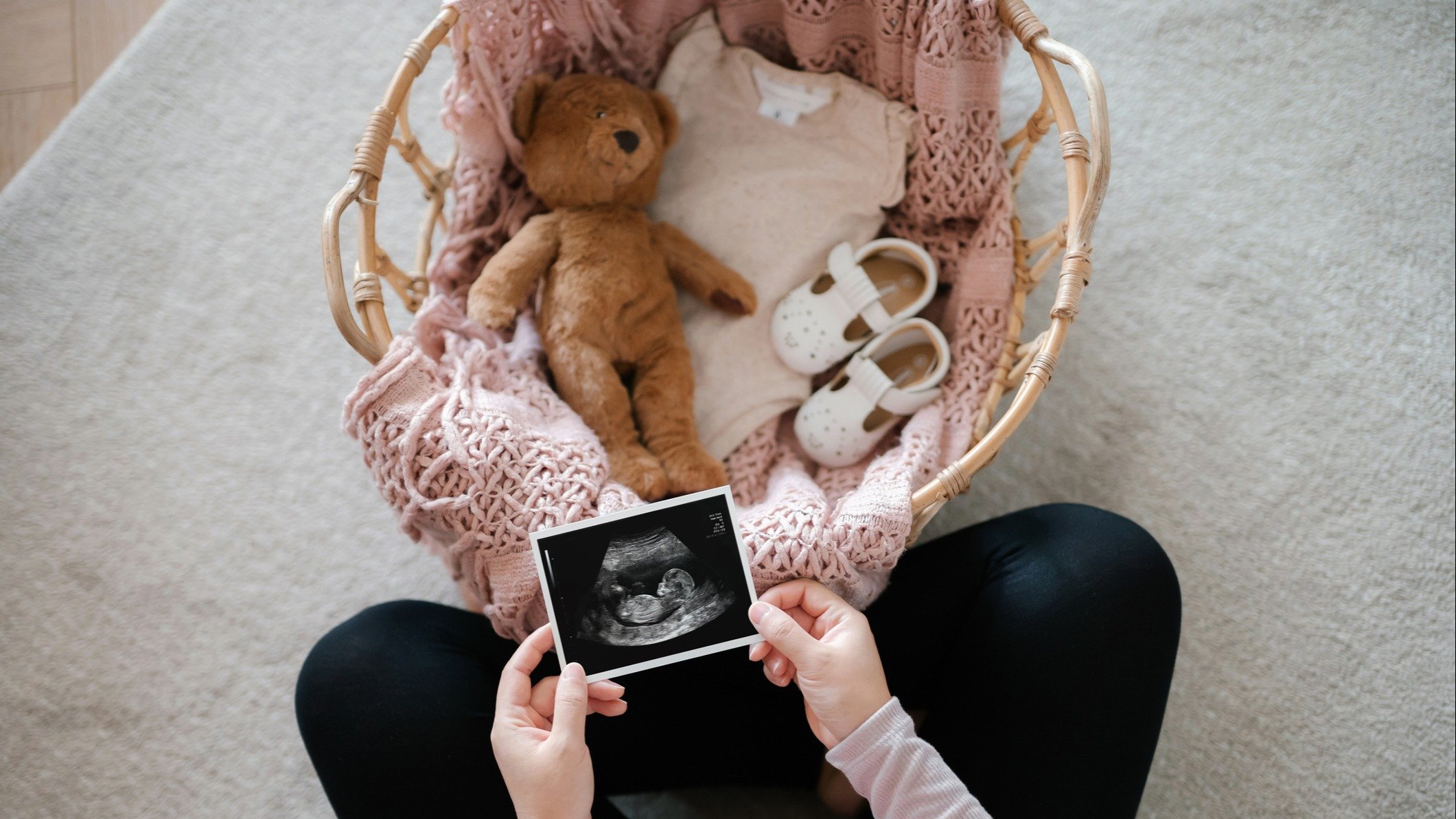
IN THIS ARTICLE
October is National Pregnancy and Infant Loss Awareness Month, and it brings much-needed attention to an extremely sensitive topic. For those who have desired a child or to grow their family and then have had a pregnancy end too soon or have had a baby that passed, the immense loss can be unbearable. Yet National Pregnancy and Infant Loss Awareness Month is here to support those who have “angel babies.” Angel babies are babies who did not survive the womb or passed as an infant. Coping with pregnancy loss can be an arduous journey that nobody can fully understand unless they have experienced it.
Because of that reality, National Pregnancy and Infant Loss Awareness Month brings communities together so that mothers and families know that they do not have to experience the pain alone.
Angel babies and grief: How to cope
“Angel baby” is a term that brings more attention to the child itself rather than the way that the baby was lost. Parents who have an angel baby may experience feelings of guilt, and in order to cope with that burden, parents are encouraged to continue seeing themselves as parents.
National Pregnancy and Infant Loss Awareness Month nationally commemorates the give and take of fertility challenges and helps bring healing and closure to parents.
“Maintaining a connection to those we’ve lost is really what people need,” advised Leah Gooen, a licensed clinical social worker and advanced clinician for Health Matters, a New York Presbyterian Hospital publication. “Helping them to maintain that connection is healing.”
By having ways to process the loss, families have a better chance of not becoming stagnant because of the pain. They will more likely be able to reach a sense of closure.
One mom who experienced a miscarriage, Teresa Mendoza, shared how she will always see her children — those alive and those passed — as siblings.
“Pregnancy and infant loss is already so very stigmatized and shrouded in families feeling isolated and pressure to ‘move on,'" openly expressed Mendoza to Today. "My kids are siblings. One of them is dead and others are alive. I don’t feel the need to call their existence anything other than they are their sister’s brothers and she is their sister."
Fertility after miscarriage: Am I fertile after a miscarriage?
Unfortunately, miscarriages are not uncommon.
“Miscarriage, the loss of a pregnancy that’s in the uterus, is common. It happens in about 1 in 10 women who know they’re pregnant,” shared Dr. Rebecca Cohen with the American College of Obstetricians and Gynecologists.
Yet, despite the staggering numbers, having a miscarriage does not mean that one is infertile.
“Most women can have a healthy pregnancy after a miscarriage,” advises Dr. Cohen. “Talk with your ob-gyn if you have concerns. Your ob-gyn can help ease your fears, answer any questions, and talk about preparing for your next pregnancy.”
Speaking with one’s gynecologist may help maintain expectations about what pregnancy might look like.
Pregnancy after miscarriage: Will I be able to carry a child to full-term?
Many women who have endured the loss of a pregnancy or an infant have had successful pregnancies. According to the American Pregnancy Association, 85% of women will have given birth to a child after one miscarriage and that number only drops by 10% for those women who have had two to three miscarriages. The APA further shares how women can begin trying to conceive once their body heals and when they have had two to three normal menstrual cycles consecutively.
As a guideline, the APA advises:
- Seek medical advice if you have endured more than three miscarriages
- Request close monitoring of your pregnancy journey
- Make space for the grieving that might arise
- Avoid listening to too much outside advice given by well-intentioned family or friends
- If you are having trouble coping with the pregnancy, then you should seek medical help
A mother is a mother no matter if her pregnancy was carried to term. If you have an angel baby and are in need of help, please reach out to your doctor to seek healthy ways of finding closure.




